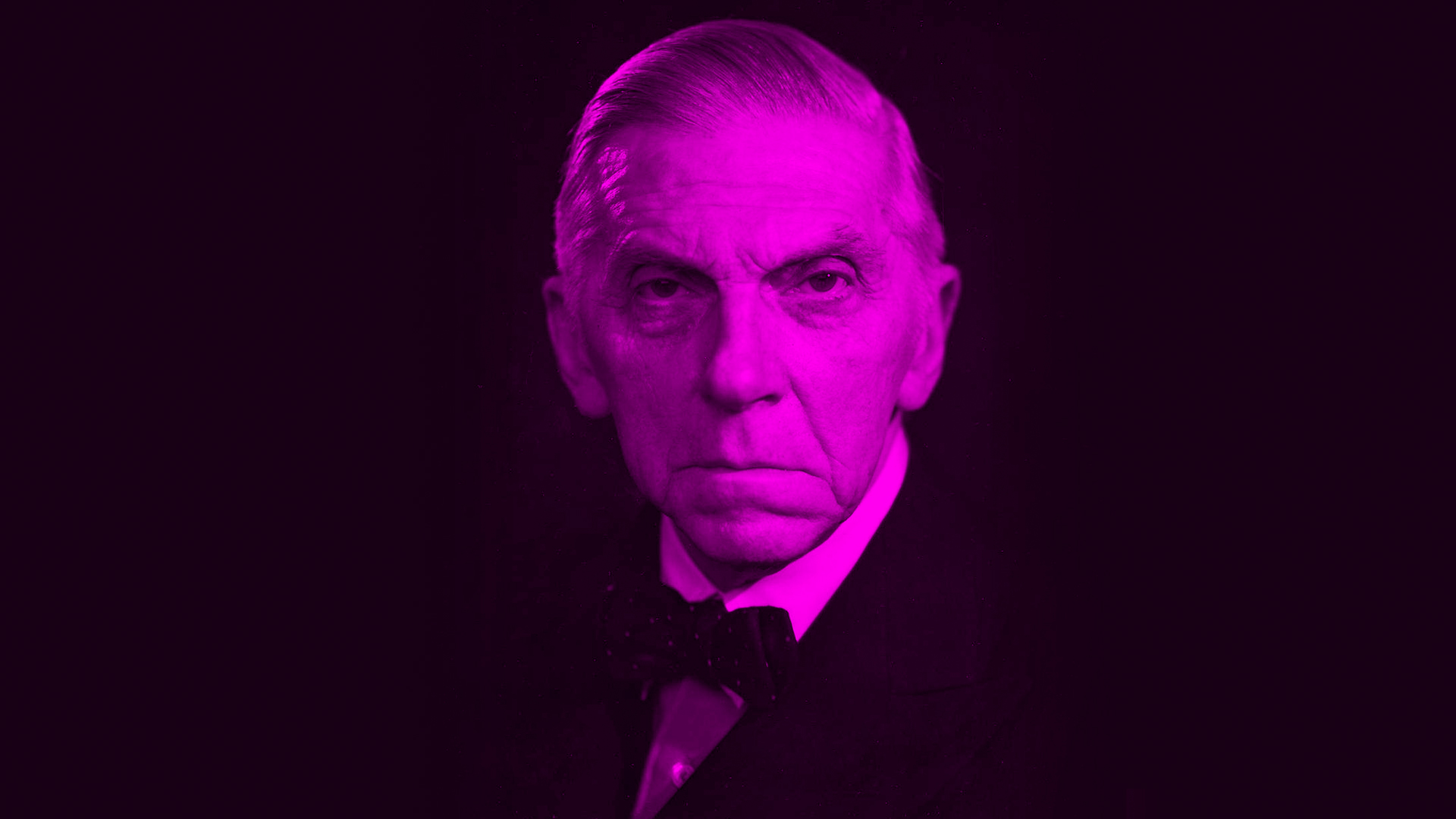GEORGE BUTTERWORTH
Six Songs from a Shropshire Lad
for baritone and piano
Baritone
Tiziano Tassi
BENJAMIN BRITTEN
Sechs Hölderlin Fragmente
op. 61 for tenor and piano
Tenor
Salvatore Gaias
ROGER QUILTER
Elizabethan Lyrics op. 12
for soprano and piano
Soprano
Adelaide Minnone
BENJAMIN BRITTEN
On this Island op. 11
for soprano and piano
Soprano
Sofia Pezzi
Piano
Claudio Marino Moretti
The compositional activity of George Butterworth (1885 – 1916) concentrated on the production of songs. The London-born composer employed the verses of various English poets, especially Alfred Edward Housman, conducting research into British folk folklore. In the early 20th century, important was his meeting and friendship with other composers with whom he shared this quest, one of whom was Ralph Vaughan Williams. Between 1910 and 1911, Butterworth composed the collection for baritone and piano Six Songs from a Shropshire Lad, based on texts from Housman’s collection A Shropshire Lad (he later added five more songs, for a total of eleven in the 1912 publication). The texts used particularly explore the theme of youth, a youth not necessarily anagrammatic, but of the spirit, which is maintained through the relationship with nature. The theme of youth is often juxtaposed with the theme of death, somehow presaging the fate of the composer himself, who would die prematurely in combat a few years later during the First World War. The music takes up folk motifs dear to the composer, which are also reworked through the influence of contemporary compositional techniques inspired by the works of Debussy and Ibert, whom Butterworth got to know and appreciate during a trip to France.
The Sechs Hölderlin Fragmente for tenor and piano, composed by Benjamin Britten on texts by Friedrich Hölderlin, date back to 1958. The composer approached German-language texts for the first time, which he probably chose for both poetic quality and thematic content. Hölderlin’s texts delve into the relationship between youth and adulthood, the inevitability of death and at the same time the inspiration that comes from beauty, with a philosophical slant. Although the short texts result in a discrete conciseness of the collection, the stylistic variety, realised through different timbral, rhythmic and harmonic solutions, that Britten was able to introduce in each of the songs is remarkable. One of the first interpreters of the Sechs Hölderlin Fragmente was Peter Pears.
Roger Quilter (1877 – 1953), just like Butterworth, devoted himself mainly to songwriting, and could be described as a devotee of the English Art Song, a canon that had been exploring English folklore in depth for many centuries. Elizabethan Lyrics, a collection of seven songs for soprano and piano published in 1908, contains songs of heterogeneous origin, composed to texts by unknown authors, with the exception of My Life’s Delight, by Thomas Campion, and By a Fountainside, by Ben Jonson. The title of the collection refers to the Elizabethan age, of which Quilter was a great admirer, especially from a literary point of view (he often composed lyrics to Shakespeare’s texts). The contents of Elizabethan Lyrics revolve around the central theme of love, both in its sufferings and its sweeter aspects. In Quilter’s refined and expressive musical writing, popular themes are developed with linearity and lyricism.
The 1937 collection for soprano and piano On This Island was the first collaboration between Benjamin Britten and the poet Wystan Hugh Auden. Singular is the harmony between poetry and music, the artistic affinity between Britten and Auden stemming from a similar vision of their respective arts, in which refined references and a marked experimental vein converge. The five lyrics have varied contents, ranging from a love of music, to descriptions of naturalistic landscapes, and considerations on life and death. Auden’s style takes up models tending towards the Baroque with a particularly evocative expressiveness, so Britten himself draws on a similar cultural temperament musically, introducing Händelian harmonies and enhancing the virtuosity of the vocal line. Only the last song, As it is, Plenty, seems to want to tone down the earlier experimentalism in favour of a simpler, more popular approach.
Ludovica Gelpi

